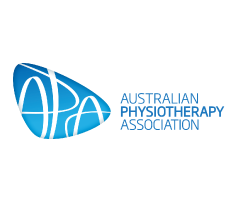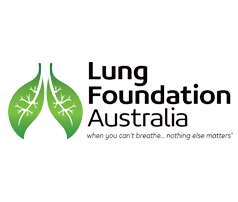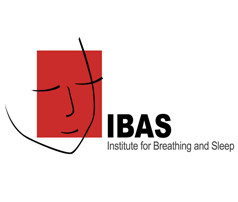Sleep and bronchiectasis
Sleep disturbances are common in the older population and in people with chronic respiratory disease. However, little is known of the impact or prevalence of sleep issues in people with bronchiectasis, although sleep disturbance is more common in people with bronchiectasis than in healthy subjects.
Factors which may contribute to poor sleep for people with bronchiectasis may include:
Gastro-oesophageal reflux (GOR)
Post nasal drip (PND)
Sputum retention and nocturnal cough
Depression
Sleep disordered breathing
Older age
Strategies to assist sleep:
GOR:
Proton pump inhibitor medication
Eating the evening meal 2 – 3 hours before bedtime
Raising the head of the bed on blocks
PND:
Nasal sprays
Sinus Rinse
If allergic to dust mite – pillow and mattress protectors
Sputum and cough:
Airway clearance routine close to bed time
Depression:
Psychology assessment
Prescribed medication
Sleep disordered breathing
For advice on good sleep habits:
Sexual activity may cause some anxiety or discomfort for patients resulting in a further barrier for sleep. It is important to discuss strategies that will assist with normal sexual activity such as positions that decrease the likelihood of shortness of breath or coughing and airway clearance before going to bed.








